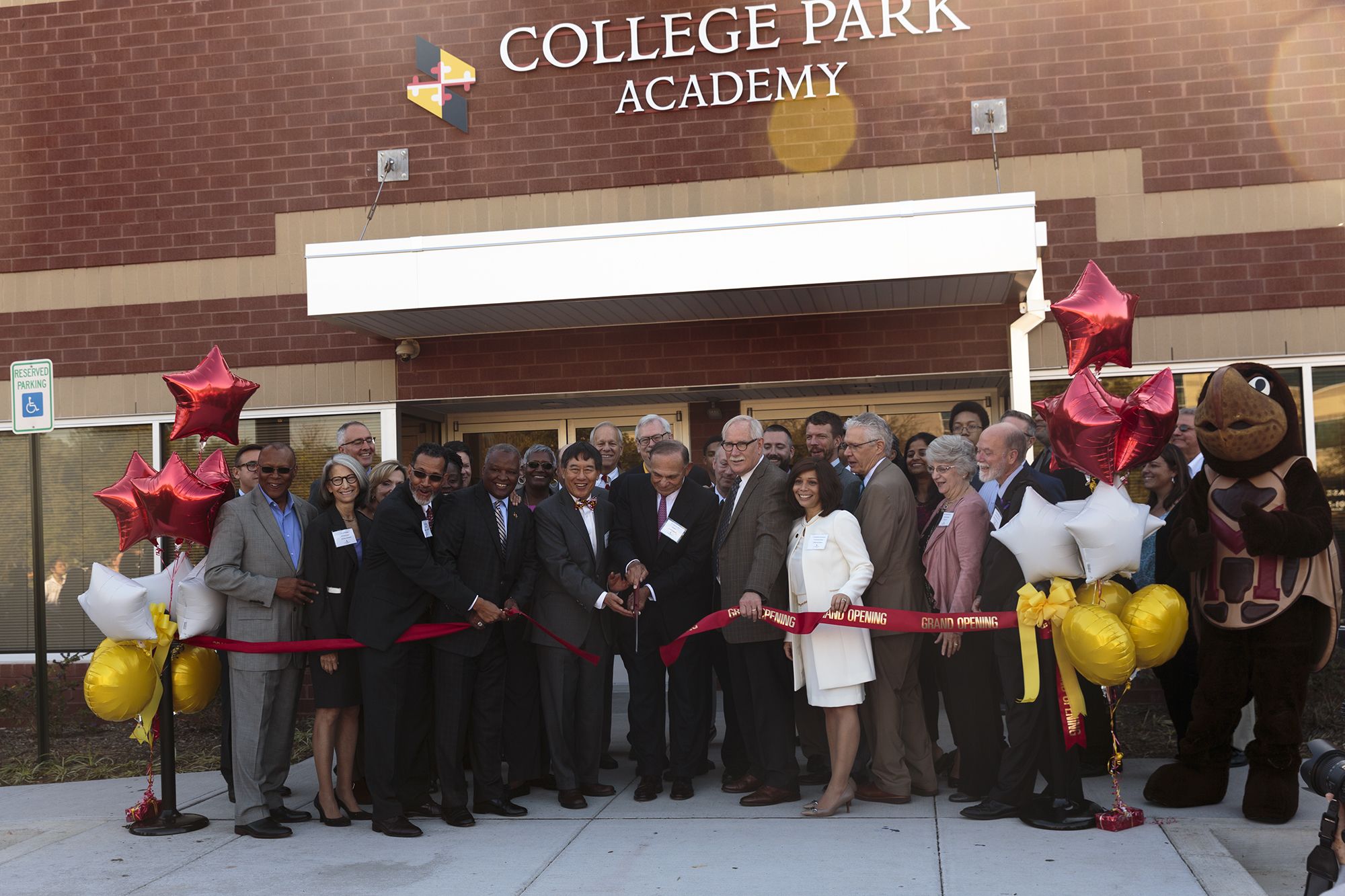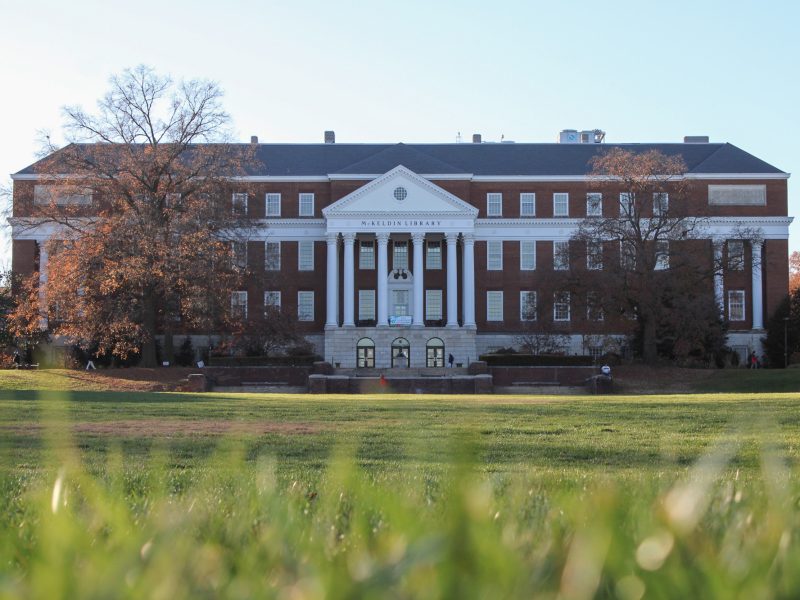Views expressed in opinion columns are the author’s own.
This fall, I attended the dedication of a new school. It was named after my hero, a man born in 1918 who had a love of education, who attended a segregated school through 8th grade in Alexandria, Virginia, and who had to attend high school in Washington, D.C., because Alexandria had no schools for black people after the 8th grade.
Ferdinand T. Day was my uncle. He joined the Alexandria School Board 10 years after Brown v. Board of Education. He brought education to young men and women regardless of race and became the first black person elected as chair of a public school board in Virginia. He faced great odds in many battles for educational equality against racism and prejudice in a time of strife in America and in Virginia in particular.
My uncle’s example has guided me as a parent, a local official and a citizen. It is why I am so proud of the work of College Park Academy, created in partnership between the City of College Park and the University of Maryland to serve our diverse community and expand educational opportunities.
Olivia Delaplaine’s column, “College Park Academy Needs to Serve Prince George’s County Students Equally” is terribly off the mark and disturbingly misleading.
Delaplaine characterizes College Park Academy as some kind of elitist, insular school that exists to serve the children of university faculty. As a parent of a College Park Academy student and a member of the College Park Academy Board of Directors, I can attest that is wholly inaccurate.
Here is the reality:
CPA is home to more than 600 students with a diverse makeup of 65 percent black, 20 percent Hispanic, 7 percent white and 4 percent Asian. About 35 percent receive free and reduced meals. The first students came from more than 100 different Prince George’s County Public Schools.
There is a guaranteed 35 percent of seats reserved for students living in the boundaries of these six elementary schools: Berwyn Heights, Cherokee Lane, Holllywood, Paint Branch, Riverdale and University Park, and the rest of the seats are for students countywide.
Today, students represent 25 communities throughout Prince George’s County, such as Capitol Heights, District Heights, Suitland, Bowie, Upper Marlboro, College Park and some as far away as Accokeek, Brandywine and Fort Washington.
Contrary to Delaplaine’s claim, there is no preference for kids of any employer, education level or family income. CPA provides a rigorous college preparatory option for students of all races, ethnicities and family incomes.
From the beginning, College Park Academy has been committed to sharing its experience with Prince George’s County. It is working on a proposal to replicate and expand opportunity in the southern part of the county.
For a long time, the University of Maryland was doing little for the local community. That changed under university President Wallace Loh. But I learned from watching my uncle fight for young people’s civil right to educational opportunity that no matter what good you do, there will be critics.
Instead of criticizing President Loh for his significant investment in College Park and Prince George’s County and our young people, he should be applauded. Among the hundreds of families of Prince George’s County students who have attended College Park Academy looking for more education opportunities, I can assure Delaplaine, President Loh is applauded.
None of this would have been possible if it was not for the sacrifices, commitment and determination of the community surrounding the academy.
But there is one thing Delaplaine got right. She recognized that College Park Academy students are learning a lot and shining. That’s the kind of school we want for every kid.
Robert Day is a member of the College Park City Council, a member of the College Park Academy Board and parent of a College Park Academy student.



